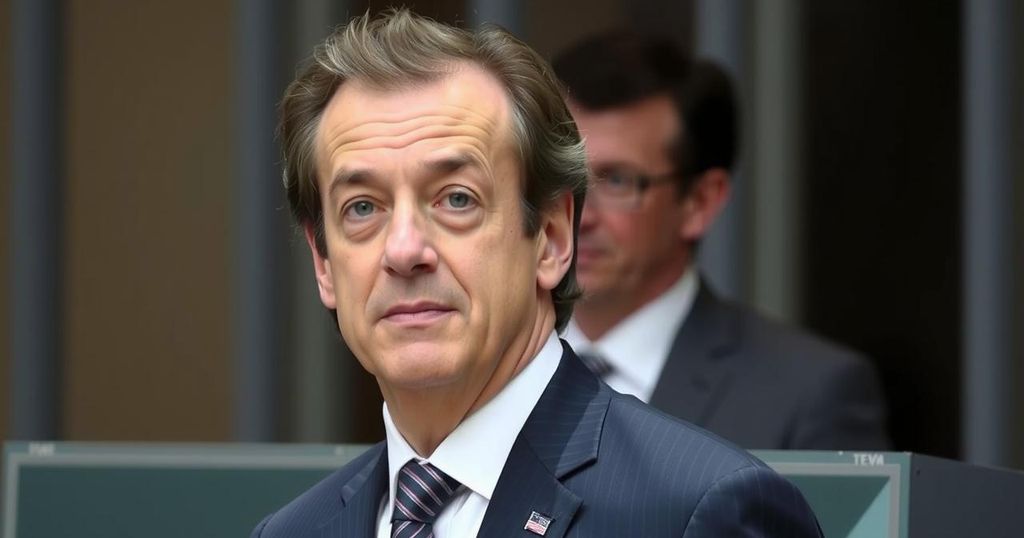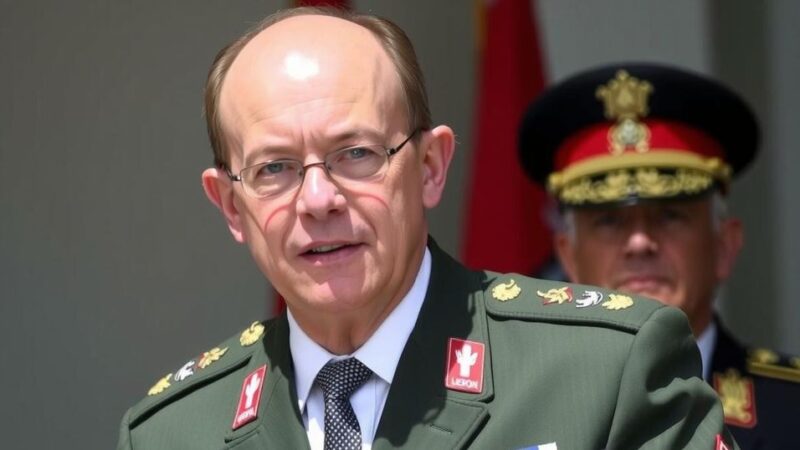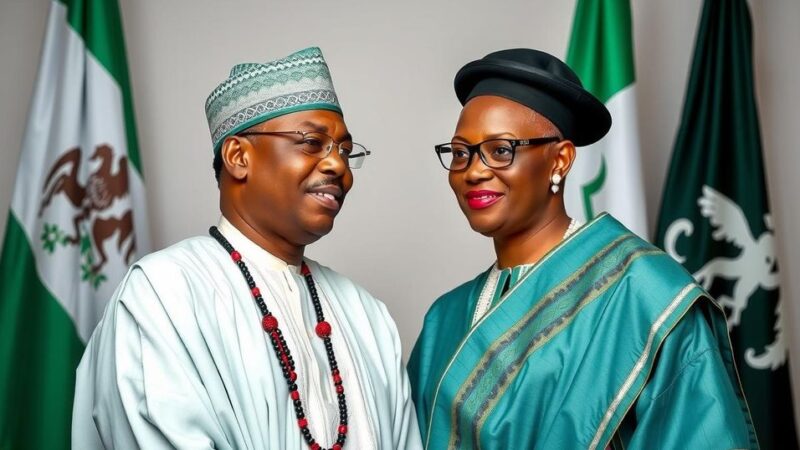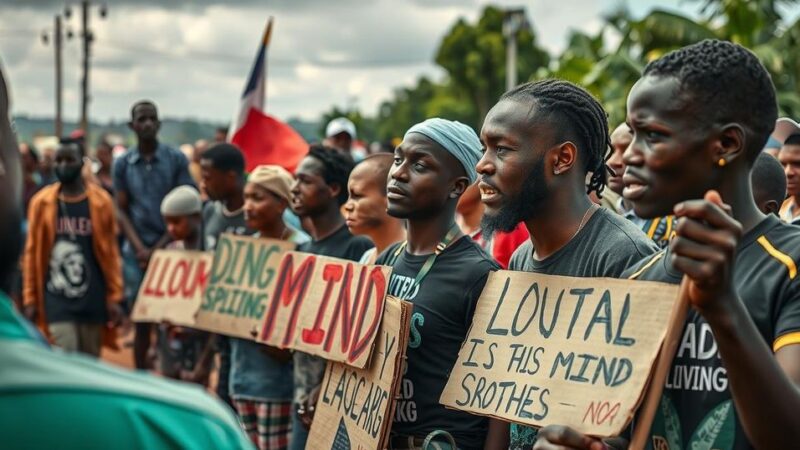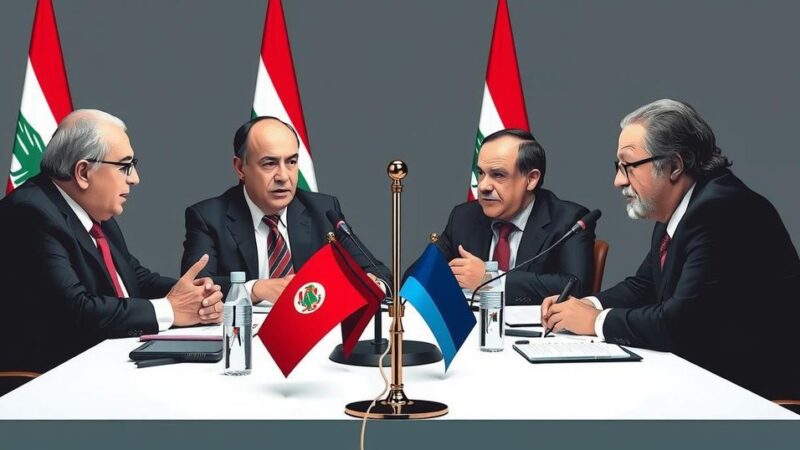Nicolas Sarkozy stands trial in Paris over allegations of receiving millions from Gaddafi for his 2007 election campaign, amidst accusations he assisted in rehabilitating Gaddafi’s reputation. Sarkozy, who denies all charges, faces potential imprisonment if convicted. His trial, linked to ongoing investigations into his political conduct, highlights the intersection of international politics and electoral integrity.
Nicolas Sarkozy, the former President of France, has commenced trial proceedings in Paris concerning allegations of illicit campaign financing from the late Libyan leader, Colonel Muammar Gaddafi, for his 2007 election. The prosecution accuses Sarkozy of accepting millions of euros in funds in exchange for assistance in bolstering Gaddafi’s image with the Western world. At 69 years old, Sarkozy has consistently refuted these allegations, attributing them to individuals with ulterior motives seeking to undermine him.
The investigation into these allegations was initiated in 2013, shortly after Saif al-Islam, son of Gaddafi, accused Sarkozy of receiving substantial financial backing for his campaign. Additionally, Lebanese businessman Ziad Takieddine has claimed to possess written evidence indicating extensive financial contributions from Tripoli, which he asserts continued even after Sarkozy assumed the presidency.
Alongside Sarkozy, twelve other individuals accused of orchestrating this alleged arrangement with Gaddafi are also on trial, all of whom deny the charges. Among the accused is Sarkozy’s wife, Carla Bruni-Sarkozy, who faces charges related to concealing evidence and collaborating with individuals to commit fraud, assertions she also denies.
In the aftermath of his defeat in the 2012 elections, Sarkozy has faced multiple criminal investigations, including a recent appeal against a court ruling that found him guilty of overspending during his re-election campaign. In a historic move, he became the first former French president to receive a custodial sentence for attempting to bribe a judge. Although the specifics of his sentencing are yet to be finalized, it is anticipated he may be required to wear an electronic monitoring device during the current trial, which is expected to extend until April 10, 2024. If convicted, Sarkozy could face a sentence of up to ten years in prison.
The trial of Nicolas Sarkozy is significant due to its implications for political corruption and the integrity of electoral processes. The allegations of receiving funding from Colonel Gaddafi reflect broader concerns regarding foreign influence in domestic politics. Additionally, Sarkozy’s ongoing legal troubles highlight the challenges faced by former leaders in navigating the aftermath of their political careers, particularly when implicated in scandalous activities. This case is a continuation of Sarkozy’s struggles since leaving office, shedding light on potential abuses of power.
In conclusion, the trial of Nicolas Sarkozy marks a pivotal moment in French political history, as it addresses serious allegations of corruption involving a prominent former leader. The proceedings will delve into claims of illicit campaign financing from Libyan sources and could bear significant consequences for Sarkozy and those associated with him. As the trial progresses, it will serve as a critical examination of political ethics and accountability in France.
Original Source: www.bbc.com

